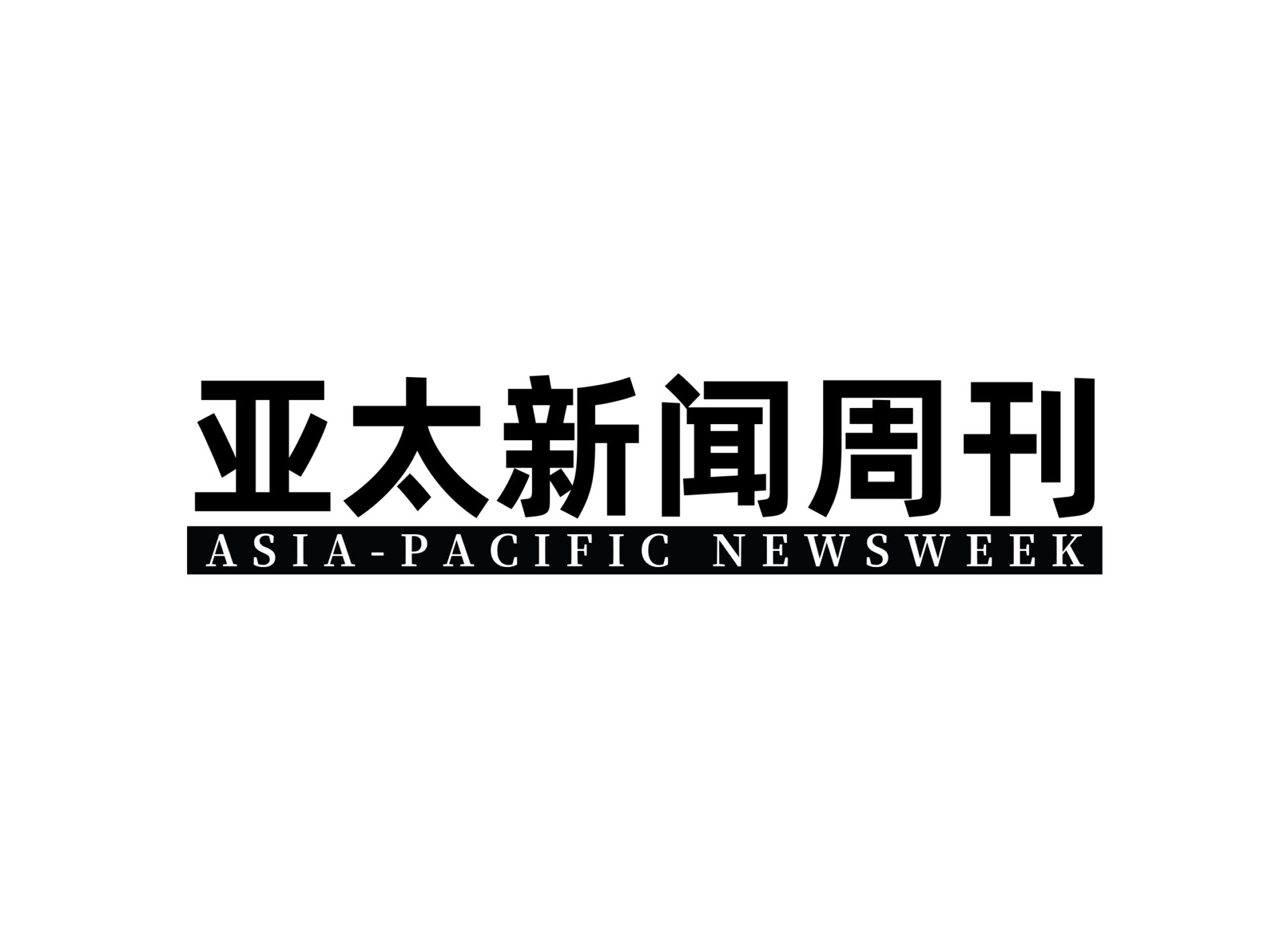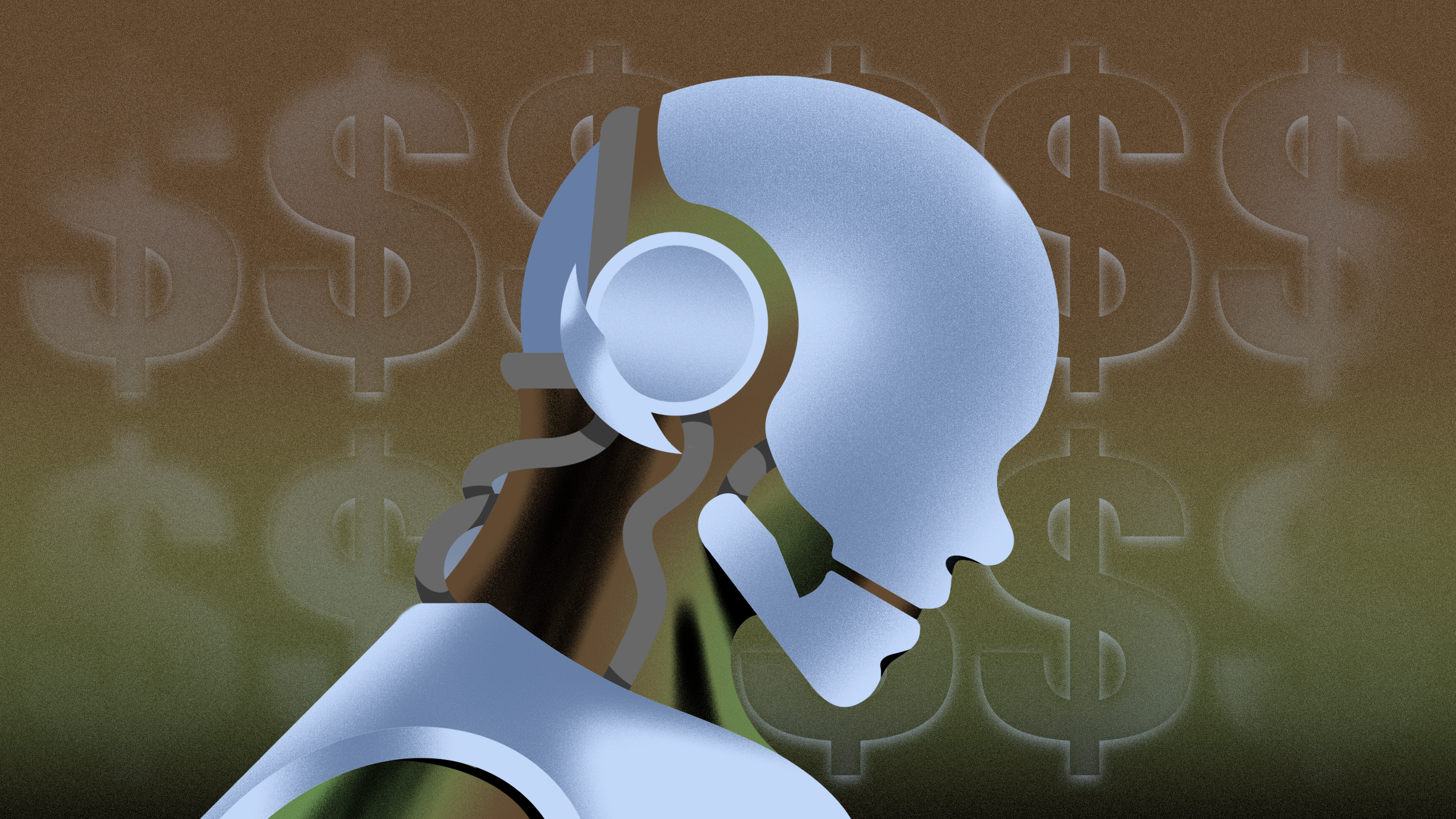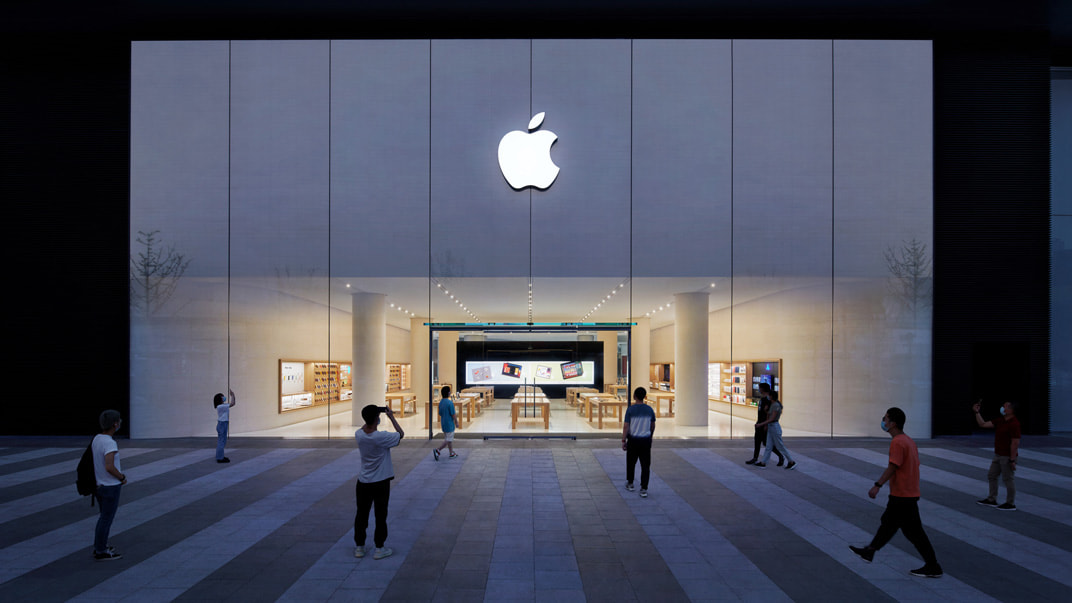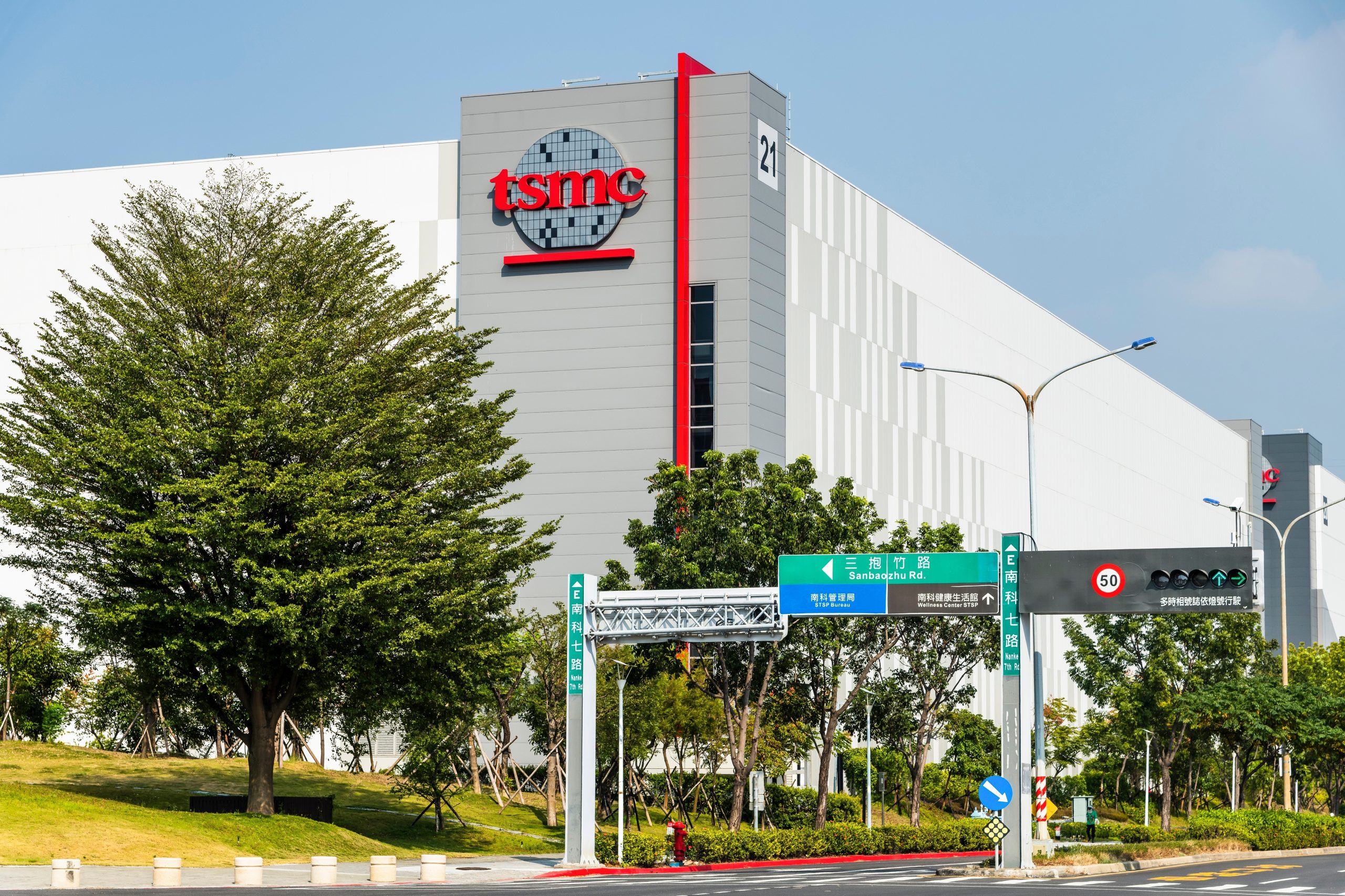The Trump administration is adding $100,000 to the existing fee for H-1B visa applications, taking aim at a program that is used to attract highly skilled workers to the U.S.
H-1B visas are already expensive, with the cost ranging from about $1,700 to $4,500, depending on whether the visa is expedited. The fees are typically considered a business expense for the employer.
President Trump was set to sign a proclamation on Friday adding the new fee, which would bar H-1B workers from entering the U.S. unless they made the $100,000 payment, according to Bloomberg News, which earlier reported the plan.
The new fee comes amid a debate over the H-1B visa, which some critics say enables companies to hire foreign applicants at lower salaries than American workers. Tech companies have been among the primary beneficiaries of the visa program, with Amazon receiving the most H1-B visas of any business in 2024, Department of Labor data shows.
By imposing the fee, Bloomberg added, the Trump administration is taking the side of those who assert that American workers are being disadvantaged by the visa.
But the plan might backfire, given that it could incentivize U.S. companies to shift jobs overseas, especially in specialized areas like research and development, noted Stuart Anderson, executive director of the National Foundation for American Policy, a nonpartisan research group.
Last year, the most popular type of job for H-1B visas was software developer. To receive an H-1B visa, an applicant needs to have at least a bachelor’s degree in their field and have been offered a temporary job by a U.S. company.
President Trump plans to order the Labor Secretary to start a new rule-making process that would update wage levels for the program, Bloomberg reported. Currently, U.S. companies must offer the prevailing wage or the actual wage of similarly qualified workers, whichever is higher, according to the U.S. Department of Labor.
The program is capped at 65,000 new visas each year, although an additional 20,000 can be issued for employees with a master’s degree or higher, according to the U.S. Citizenship and Immigration Services. The cap and higher-degree exemption quota is already filled for fiscal year 2026, according to the USCIS.
The H-1B program is already the most restrictive visa program in the U.S., with about 20% of applications resulting in approved workers, according to a study published in March from National Foundation for American Policy.
The White House did not immediately respond to a request for comment.
— With reporting by Aaron Navarro.





